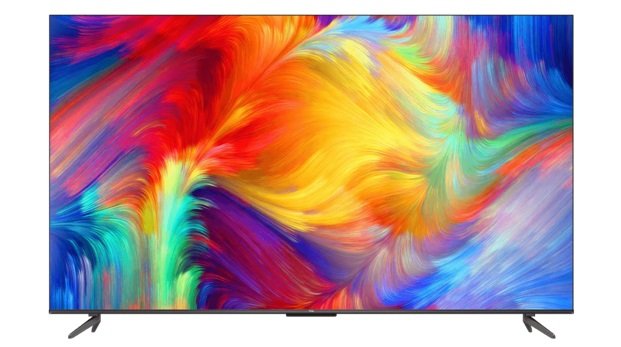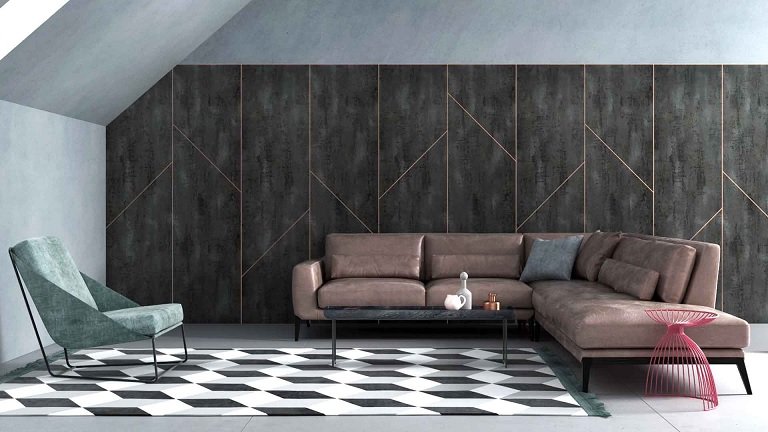Lately, the interest for hypoallergenic living spaces has by and large extended as people become more aware of the ominous effects of allergens on their prosperity and flourishing. One extraordinary movement in ground surface development that has obtained thought for its hypoallergenic properties is Stone Plastic Composite (SPC) flooring. SPC flooring offers sturdiness and style as well as gives a better indoor climate by decreasing allergens. We should dive into the hypoallergenic attributes of SPC deck and how it adds to making sensitivity amicable spaces.
SPC flooring is designed with a few layers, including an unbending center made out of limestone powder, polyvinyl chloride (PVC) stabilizers, and a vinyl wear layer. This organization gives SPC flooring its amazing strength and flexibility against dampness, stains, and scratches. Nonetheless, it’s the remarkable design and materials utilized in SPC flooring that likewise make it hypoallergenic.
One of the essential advantages of SPC flooring as far as allergen decrease is its smooth, impermeable surface. Dissimilar to customary deck materials, for example, rug or hardwood, SPC flooring needs strands or hole where allergens like residue bugs, pet dander, and dust can amass and flourish. This consistent surface makes it simpler to clean and keep up with, limiting the presence of allergens in the indoor climate.
Moreover, SPC flooring is intrinsically impervious to dampness, form, and mold. Dampness is a huge supporter of indoor allergens, as it establishes an optimal climate for shape and mold development. The non-permeable nature of SPC flooring keeps dampness from saturating the material, really lessening the gamble of form and buildup improvement. By disposing of these allergen triggers, SPC flooring keeps up with indoor air quality and establishes a better living climate for sensitivity victims.
One more eminent component of SPC flooring is its protection from substance emanations. Bad quality ground surface materials frequently discharge unstable natural mixtures (VOCs) and other destructive synthetic substances out of sight, adding to indoor air contamination and worsening sensitivity side effects. SPC flooring, in any case, is produced utilizing without phthalate materials and cement free establishment strategies, limiting the outflow of VOCs. This makes SPC flooring a more secure and all the more harmless to the ecosystem decision for sensitivity cognizant customers.
Also, the smooth surface of SPC flooring makes it simple to clean and keep up with, further diminishing the presence of allergens in the indoor climate. Normal clearing, vacuuming, or wiping is typically adequate to eliminate dust, pet hair, and different allergens from the outer layer of SPC flooring. Not at all like floor covering, which can trap allergens profound inside its filaments, SPC flooring allows for thorough cleaning, helping allergy sufferers breathe easier and enjoy a more comfortable living space.
All in all, Stone Plastic Composite (SPC) flooring offers a scope of hypoallergenic properties that add to establishing better indoor conditions. From its smooth, impermeable surface to its protection from dampness, form, and substance discharges, SPC flooring limits allergen sets off and further develop indoor air quality. For people with sensitivities or respiratory responsive qualities, picking SPC flooring for their homes can have a tremendous effect in their general prosperity. With its solidness, simple upkeep, and sensitivity cordial qualities, SPC flooring stands apart as a viable and dependable answer for current living spaces.

















